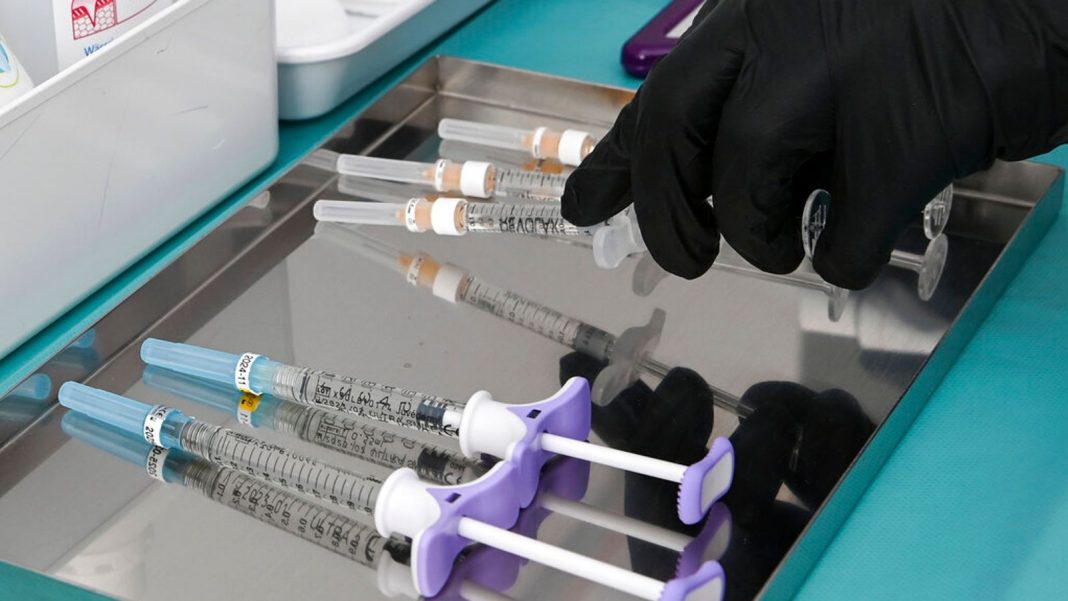
More than two-thirds of people who administer cosmetic surgery injections in the UK are not qualified medical doctors, a new study has suggested.
The study – which is the first survey of who is providing injectable cosmetic services including Botox and dermal fillers in the country – found dentists and nurses were among those delivering injections.
After examining 3,000 cosmetic surgery websites, 1,163 (32%) doctors were identified, 41% of which were specialists and 19% were on the GP register.
While other healthcare professionals such as nurses made up 13%, dentists 24% and dental nurses 8%.
The injectable market is predicted to reach a value of £11.7bn by 2026, but is currently largely unregulated as the background of practitioners is not known.
Dr David Zargaran, author of the study published in the Journal of Plastic, Reconstructive & Aesthetic Surgery, said the range of backgrounds of the practitioners opens up broader questions relating to “competence and consent”.
“Our research highlights that the majority of practitioners are not doctors and include other healthcare professionals, as well as non-healthcare professionals such as beauticians,” he said.
“One of the key challenges facing the government’s licensing scheme is to ensure that practitioners granted a licence possess the skills and experience required to safely administer their treatment to minimise risks to patients.”
The findings come as the government is preparing to update policy around injectables, and a public consultation on the industry is due to begin next month.
Recommendations are expected to inform amendments to the Medical Act in 2024.
Read more health news:
Botulism in patients who had weight loss injections sparks warning
Full list of cough medicines pulled from shelves
The ‘living hell’ of cheap plastic surgery abroad
“Our findings should be a wake-up call for legislators to implement effective regulation and professional standards to safeguard patients from complications,” Professor Julie Davies, co-author of the study said.
“Although the risks associated with injections are often mild and temporary, the physical complications can be permanent and debilitating.
“There are also serious psychological, emotional, and financial consequences for patients when procedures go wrong.”
A second study from the same authors, published earlier this month, found that 69% of respondents had experienced long-lasting adverse effects, such as pain, anxiety and headache.







